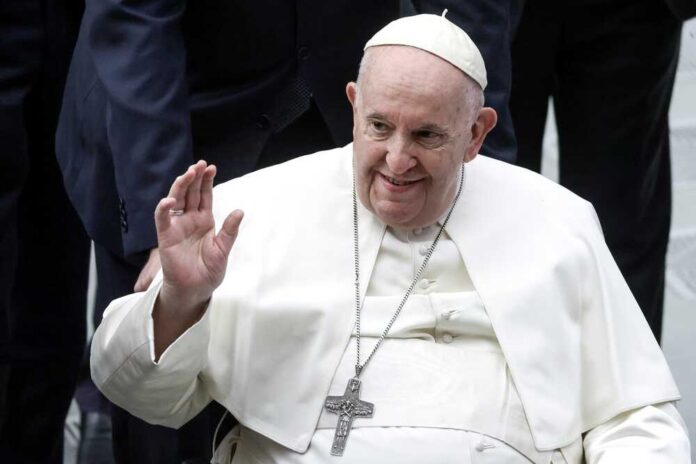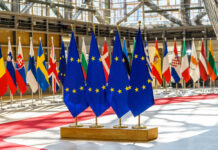Last week, an attorney representing London-based financier Raffaele Mincione filed a formal complaint with the United Nations Office of the High Commissioner for Human Rights through a designated channel that enables private citizens or organizations to inform the UN of situations where public entities allegedly violate human rights.
Now, Pope Francis is facing a formal complaint from one of the defendants in the high-profile financial trial at the Vatican. The defendant claims that Pope Francis infringed upon his human rights by permitting extensive monitoring during the inquiry.
The submission highlights the most recent and prominent grievance over the trial at the Vatican, drawing attention to the unusual nature of the Vatican’s criminal justice system and how it appears to be at odds with democratic and European standards. In the absolute monarchy that is the Vatican, the pope has unchecked authority over the judiciary, legislature, and executive branch.
The Holy See’s 350 million euro investment in a London property, which went bankrupt, was the primary subject of the trial, which began in 2021 and concluded in December.
Prosecutors from the Vatican said that brokers and officials from the Vatican stole tens of millions of euros from the Holy See in commissions and fees and then threatened to extort fifteen million euros ($16.5 million) if the Holy See did not give up ownership of the property.
At the conclusion of the December trial, nine out of ten defendants—among them, Mincione and the once-powerful cardinal Angelo Becciu—were found guilty. Despite the announcement of appeals by the nine guilty defendants and the Vatican prosecutors, the court’s reasons for the judgment remain undisclosed.
Defense attorneys raised concerns about the pope’s involvement in the probe throughout the trial, and outside experts reiterated those concerns after Mincione complained to the United Nations.
The accusation referenced four covert executive orders signed by Francis in 2019 and 2020 that granted Vatican prosecutors broad investigative powers, including the ability to conduct eavesdropping without oversight and to disregard current laws. Independent judicial review of the wiretapping was lacking; the decrees were only revealed just before trial, they were never formally published, and they offered no justification or timeline for the eavesdropping.
The Vatican has repeatedly denied Mincione’s claims that the tribunal lacks independence and impartiality, which are also included in his case. Just lately, Francis ruled on matters like the salary, pension, and term restrictions for judges and prosecutors, in addition to hiring and firing them.
As part of his continuing legal battles, Mincione has taken legal action against the Vatican secretariat of state in a British court, claiming that the trial at the Vatican damaged his image.


















